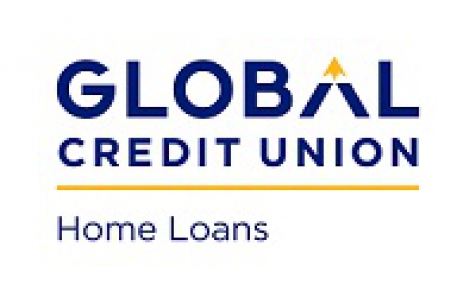
|
Follow Me On: |
 |
Kathleen Petty AVP/Sr Mortgage Originator Global Credit Union Home Loans AK#157293 Phone: (907)261-3458 Cell: 223-4440 Fax: (907)929-6699 License: NMLS Unique Identifier #203077 K.Petty@gcuhome.com https://www.globalcu.org/home-loans/resources/originators/Kathleen-Petty/ |
 | ||
| ||||
January 2008

|
Budgeting Basics: How to Keep More Cash
Congratulations. You have kept the U.S. economy afloat by opening up your wallet for everything from cars to candy bars. But, if stuffing cash into the nation's economic cracks has swollen your credit card balances or depleted your savings, it may be time to turn your attention to your own economic stability. Frivolous spending may not be the problem. Maybe it's higher energy bills or a new expense, such as college tuition. Maybe it's less income or fewer withdrawals from your battered brokerage account. Whatever the reason, growing debt and shrinking savings are warning signs that you have a leaky budget. Locate and plug the leaks, and you'll have that much more to sock away for retirement, college savings, a house or a new car – or to pay off debt. Step 1: Review Your Spending Plan Take a few minutes to review your spending estimates. Get out your calculator and your check registry, or log in to your personal finance program to see if your fixed expenditures (rent, mortgage and loan payments, insurance premiums, etc.) and variable expenses (utility bills, groceries, clothing, and transportation) are in line with your expectations. Update your budget as needed. Step 2: Track Your Impulse Spending Tracking every item you buy is one of the best ways to spot leaks that spring from impulse spending. Writing it down may even save you money if it causes you to think twice before you buy. Step 3: Plug the Leaks
If you would like to learn more about the advice contained within this article and how it could benefit you, please contact the professional who provided your YOU Magazine subscription! Reprinted with permission. All Contents © 2008 The Kiplinger Washington Editors | ||||||||||||||||||||||||||||||
License #AK157293 You are receiving a complimentary subscription to YOU Magazine as a result of your ongoing business relationship with Kathleen Petty. While beneficial to a wide audience, this information is also commercial in nature and it may contain advertising materials. INVITE A FRIEND to receive YOU Magazine. Please feel free to invite your friends and colleagues to subscribe. SUBSCRIBE to YOU Magazine. If you received this message from a friend, you can subscribe online. UNSUBSCRIBE: If you would like to stop receiving emails from Kathleen Petty, you can easily unsubscribe. Global Credit Union Home Loans AK#157293 |
, 125 W Dimond Blvd #110 Anchorage, AK 99515 Powered by Platinum Marketing © Copyright 2024. Vantage Production, LLC. | |||||||||


